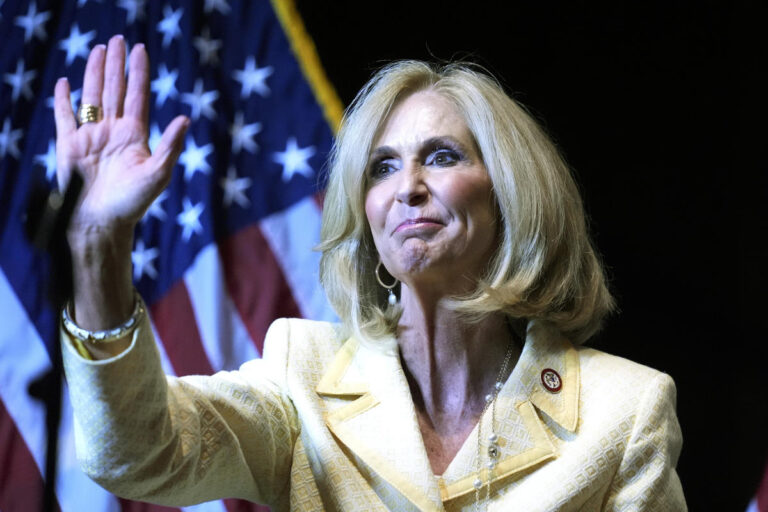JACKSON, Miss. (AP) — A new Mississippi law requiring age verification for users of websites and other digital services would unconstitutionally restrict minors’ and adults’ access to online speech, tech industry groups argued in a lawsuit filed Friday.
Lawmakers said the new law was enacted to protect children from sexually explicit material. The bill passed the Republican-controlled House and Senate without opposition from either party. Republican Gov. Tate Reeves signed it into law on April 30 and it is set to take effect on July 1.
The lawsuit challenging Mississippi’s new law was filed in federal court in Jackson by NetChoice LLC, a consortium that includes YouTube-owner Google, Snap Inc., the parent company of Snapchat, and Meta, the parent company of Facebook and Instagram.
NetChoice has persuaded judges to block similar laws in other states, including Arkansas, California and Ohio.
Mississippi law “requires age verification for both minors and adults as a prerequisite for accessing and participating in protected speech, which may involve providing personal information and identification that many people are unwilling or unable to provide,” the lawsuit states. “Such requirements restrict free speech and therefore violate the First Amendment.”
The lawsuit also argues that Mississippi’s law would replace websites’ independent content moderation efforts with state-mandated censorship.
“Furthermore, the broad, subjective and vague categories of speech that the law requires websites to monitor and censor could cover anything from classic literature like Romeo and Juliet or The Bell Jar to contemporary media like Taylor Swift’s pop songs,” the lawsuit states.
Mississippi Attorney General Lynn Fitch is listed as a defendant in the lawsuit, and her office told The Associated Press on Friday that it was preparing a statement about the lawsuit.
Utah is one of the states sued by NetChoice over laws that impose strict restrictions on children seeking access to social media. In March, Republican Governor Spencer Cox signed an amendment to Utah law that requires social media companies to verify the age of users and disable certain features on accounts owned by Utah youth. Utah lawmakers also removed a requirement for parental consent to children opening accounts after numerous concerns that they would have to enter data that could compromise their online security.

